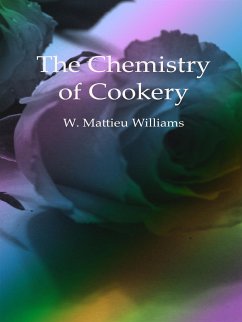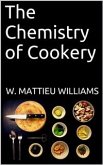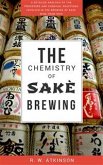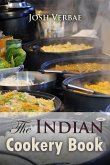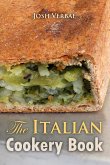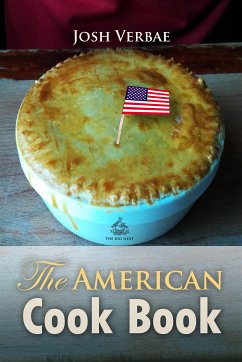DURING the infancy of the Birmingham and Midland Institute, when my classes in Cannon Street constituted the whole of its teaching machinery, I delivered a course of lectures to ladies on ‘Household Philosophy,’ in which ‘The Chemistry of Cookery’ was included. In collecting material for these lectures, I was surprised at the strange neglect of the subject by modern chemists.
Bitte wählen Sie Ihr Anliegen aus.
Rechnungen
Retourenschein anfordern
Bestellstatus
Storno

